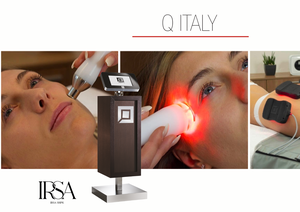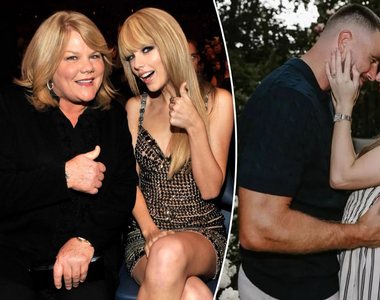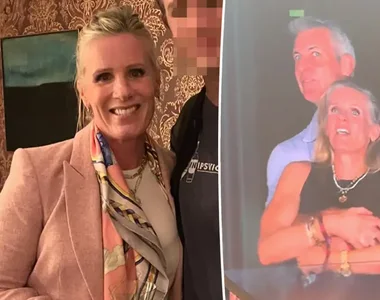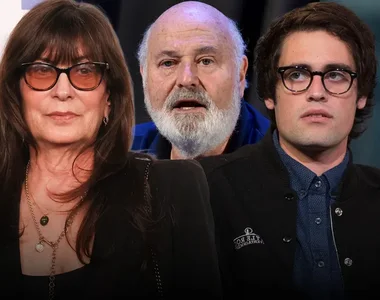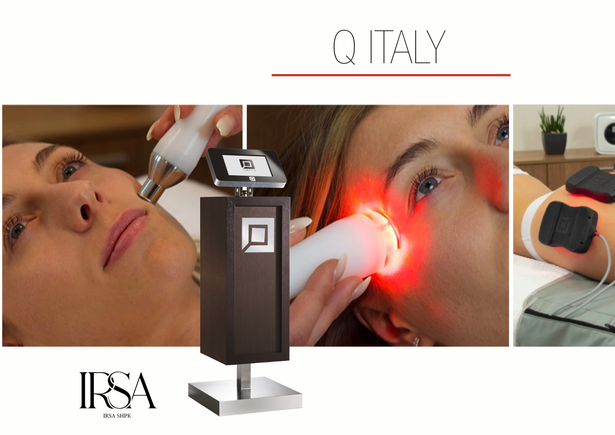
A court ruled Friday that Ed Sheeran's 2014 song "Thinking Out Loud" did not infringe the copyright of Marvin Gaye's classic "Let's Get It On." The ruling marks a final ruling following Sheeran's court victory last year.
In a 28-page ruling, a three-judge panel from the United States Court of Appeals in New York upheld a lower court's decision, arguing that the copyright for "Let's Get It On" (1973) included only the underlying music that was submitted in written form by the song's publishers to the US Copyright Office. Other musical elements in the song's recording - including the guitar and drum parts, as well as its signature bass line - were not copyrightable, according to the judges.
The court also rejected arguments by Structured Asset Sales, a music investment company that owns 11.11% of the rights to Let's Get It On, that the song's four-chord pattern was sufficiently original to be copyrightable. According to the judges, not only is this pattern common in many songs, but the "selection and arrangement" of the chords was not original.
The appeal was followed with interest by many copyright scholars, who have criticized the "deposited copy" rule, which limits protection for older works only to those written and not to studio recordings. This rule was established by the Copyright Act of 1909. “It is completely divorced from the actual practice of music-making,” Joseph P. Fishman, a law professor, said in an interview with The New York Times earlier this year. at "Vanderbilt" University.
The case that went to trial last year was brought by the descendants of Ed Townsend, Gaye's co-author. A key dispute during the trial had been whether the copyright "span" of "Let's Get It On" - which parts of the song were protected by law and which were not - was determined by the written copy filed, or whether jurors could also consider extras from Gaye's famous recording.
The judge, citing a similar case in California involving Led Zeppelin's "Stairway to Heaven," ruled that only the notes written on the filed copy were part of the copyright.
A revision of copyright law that took effect in 1978 allowed songwriters to submit a recording for recording, but that did not apply to "Let's Get It On." Sheeran's lawyers also argued during the trial that the syncopated chord pattern in "Thinking Out Loud" predates "Let's Get It On" and was common enough not to be protected by copyright.
After the commercial recording of "Let's Get It On" could not be played in court, jurors heard an electronic "rendition" of the song with a robotic voice. The jury ruled in Sheeran's favor, finding that Sheeran and his collaborator, Amy Wadge, had written "Thinking Out Loud" independently and had not infringed on Gaye and Townsend's composition. The jury did not give a verdict on the "selection and ranking" of the elements in both songs.
Structured Asset Sales, which was not a party to Townsend's lawsuit, filed two other cases arguing that "Thinking Out Loud" infringed on "Let's Get It On." The first was dismissed by the district judge after Sheeran won at trial, and appealed. The second, which involved a new recording of "Let's Get It On" via a voice recording, was stayed by another judge on appeal.
Suggested articles:
